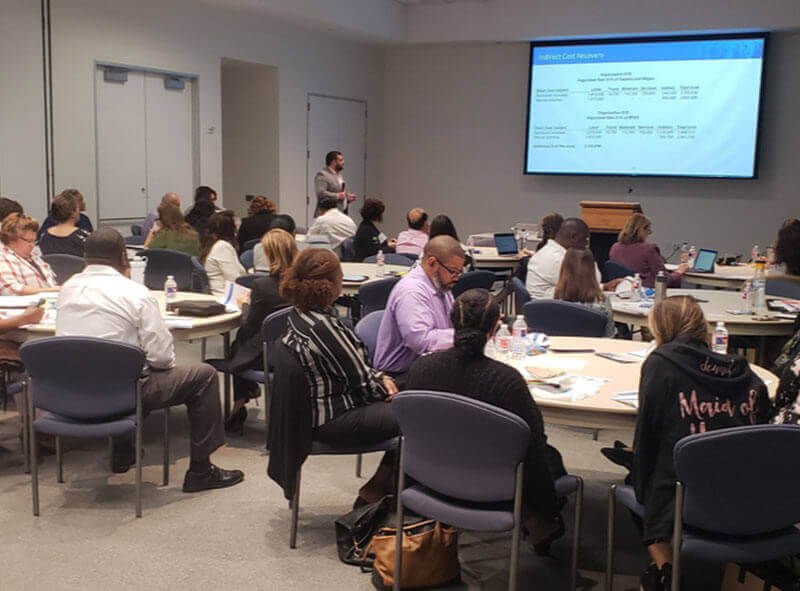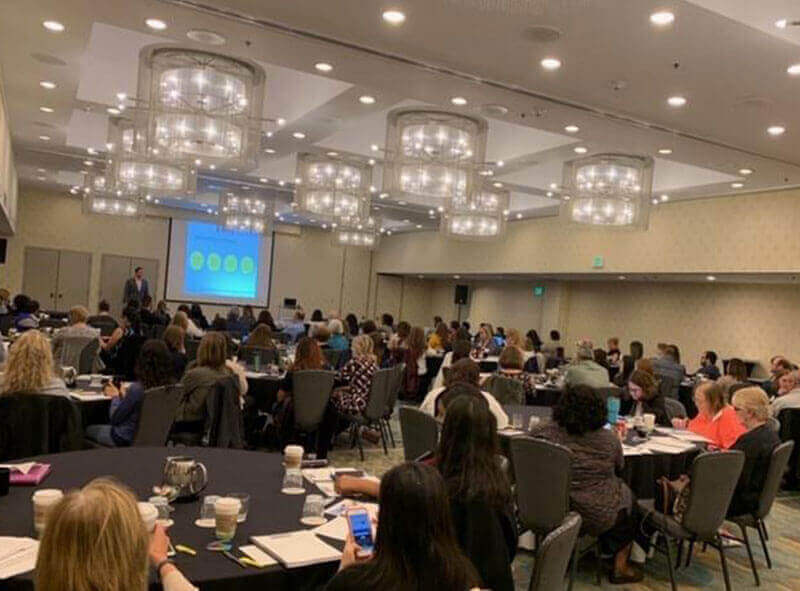Whitepaper: The Audit World's Biggest Myths
Download NowCapital Edge provides a full suite of federal procurement compliance consulting services, including training on Federal Acquisition Regulation (FAR), Agency Supplements (DFARS, DEAR and others) and Cost Accounting Standards (CAS). We assist government contractors with the interpretation and application of FAR regulatory compliance.

Our highly experienced Federal Contracting Consultants provide unmatched regulatory compliance expertise to government contractors across all phases of the federal contract acquisition life cycle, whether it be pre-award proactive and readiness or post-award reactive and crisis management matters.
Capital Edge government contracts consultants combine their unique backgrounds and experience to support Government Contractors and Federal Grant Recipients with services like:

As with business strategy, transformation planning is the key to a successful implementation of business goals.
Read More
Our digital transformation strategy helps companies fundamentally change how they deliver value to their customers.
Read More
Mergers and Acquisitions are a great way to expand your business footprint and diversify your service offerings.
Read More
Many industries have barriers to entry that make it difficult for a company that is unfamiliar with the market.
Read More
The merger and acquisition process can be a challenging time for a company, but that’s really just the beginning.
Read More
We help organizations with various methodologies analyze their procedures and identify areas.
Read MoreCapital Edge government contracts consultants combine their unique backgrounds and experience to support Government Contractors and Federal Grant Recipients with services like:

As with business strategy, transformation planning is the key to a successful implementation of business goals.
Read More
Our digital transformation strategy helps companies fundamentally change how they deliver value to their customers.
Read More
Mergers and Acquisitions are a great way to expand your business footprint and diversify your service offerings.
Read More
Many industries have barriers to entry that make it difficult for a company that is unfamiliar with the market.
Read More
The merger and acquisition process can be a challenging time for a company, but that’s really just the beginning.
Read More
We help organizations with various methodologies analyze their procedures and identify areas.
Read More
As with business strategy, transformation planning is the key to a successful implementation of business goals.
Read More
Our digital transformation strategy helps companies fundamentally change how they deliver value to their customers.
Read MoreUnique backgrounds and experience in consulting, public accounting, industry, and DCAA with more than 500 years of combined experience.
Our Government Contract Consultants Are Available To You.
Let's Talk About Your Specific Needs!
Our team will guide you through the entire process.
Our goal is to build lifelong trusted connections by growing your business with our industry leading capabilities and methodologies.
Capital Edge Consulting was founded to ensure that our clients are treated with respect, compassion, and the utmost integrity. We dedicate ourselves to providing our clients with the expertise & knowledge they expect while delivering our services at the highest standard, to enhance our clients' results and experience.
Our goal is to build life long trusted connections by growing your business with our industry leading capabilities and methodologies.
Capital Edge Consulting was founded to ensure that our clients are treated with respect, compassion, and the utmost integrity. We dedicate ourselves to providing our clients with the expertise & knowledge they expect while delivering our services at the highest standard, to enhance our clients' results and experience.